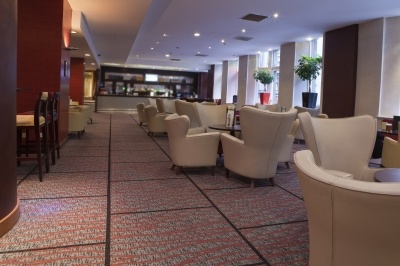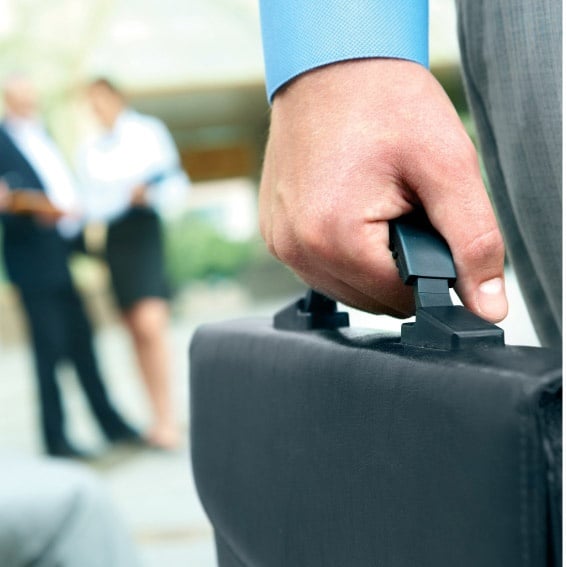The company’s expense policy has the last word in terms of the conditions required to be entitled to claim an expense related to a business trip. This set of regulations reflects the organization’s business culture and, as such, there are cases for all tastes. The options range from companies that offer greater flexibility and permissiveness in relation to claim company expenses right through to meticulously strict organizations in terms of the conditions that must be met in order to be entitled to such claim such an expense.
There is a large number of common concepts are not generally accepted as expenses. Nevertheless, it is advisable to specify these concepts in the expense policy.
There follows a list of some of the common concepts that are not usually accepted as claimable expenses. Be careful: even though some of them may seem obvious, it is worth specifying these conditions in the expense policy. Defining them in the greatest possible detail will be a great help in disputed cases.
 The first is an obvious case and claiming ignorance can be interpreted as a deliberate misunderstanding. Meals/journeys that are not related to business, of a personal nature, are excluded. Of course.
The first is an obvious case and claiming ignorance can be interpreted as a deliberate misunderstanding. Meals/journeys that are not related to business, of a personal nature, are excluded. Of course.
Another clear case is when the employee is taken out for a meal. This is a common enough situation on a business trip. If the employee’s meals ends up being paid for by their host, it obviously cannot be claimed as an expense. Per diem and mileage allowances cannot be accumulated. Use them or lose them. In the event that the employee has not paid out any money, it makes no sense for the company to compensate them in any way.
In the case of staying at a hotel, the expenses to be reimbursed depend on the type of board contracted. For instance, it is normal for the breakfast to be included in the deal contracted with the hotel, so expenses incurred having breakfast elsewhere cannot be claimed back. In special situations, the employee may have to justify why they have decided not to take advantage of the meal contracted at the hotel.
In the case of staying at a hotel, the expenses usually depend on the type of board contracted.
The concept of personal expenses encompasses all outgoings for which the company does accept liability as it is understood that the expenses in question are optional and it is fully the employee’s choice to incur them. They are not absolute necessities and are obviously not indispensable for performing their professional tasks. These include appetizers, snacks between meals, coffees, alcoholic drinks and, for instance, the use of the hotel minibar.





